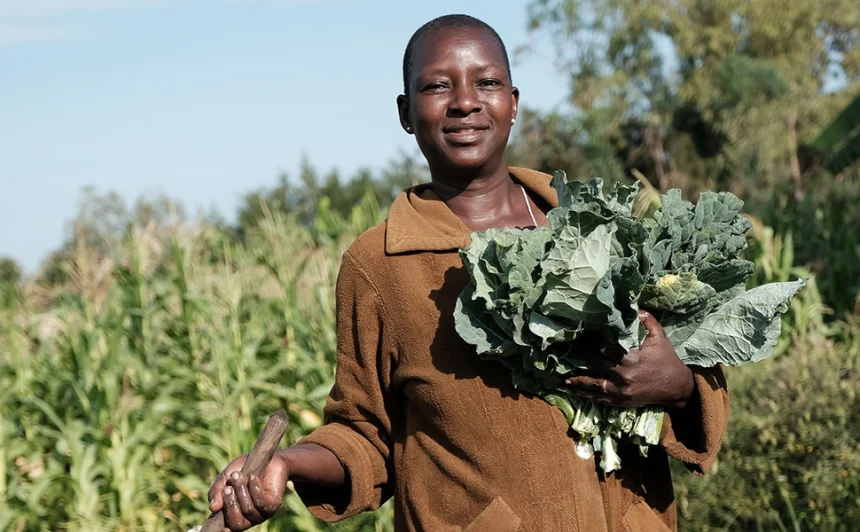President of the FESF Foundation Professor Richard Jinks Bani has asked the government to empower the country’s population to access to food at a feasible price.
Speaking at the Food 2022 Security Lectures held at the West African Centre for Cell Biology of Infectious Pathogens (WACCBIP) on the theme; Food Security: Food on the table and Food for all, Prof. Richard Bani stated that creating appropriate distribution channels will help control population and food security in the country.
There would be a lot of food to go around if the government and us protect the harvest, create appropriate distribution channels, and empower the population to have access at an affordable price. There would be no need to institute birth control programs to curb population growth as a means to attain food security.
Professor Richard Bani again called on farmers and the government to use Greenhouse technology to increase their productivity.
A compound fertilizer comprising Rhizobia and Mycorrhiza and the potential of using algae to improve soils can make a formidable environmentally friendly source of crop nutrients that will go a long way towards decreasing our dependence on chemical fertilizers and converse biodiversity. The use of Greenhouse technology can increase productivity and be gentler on the environment. Greenhouse technology can provide year-round produce in harsh climates that normally only have one growing season.
He further tasked the youth to make good use of the opportunities in the agribusiness sector.
As youth , you are encouraged to take advantage of the business opportunities in the agribusiness space and this would generate incomes and make households able to access food.
The FESF Foundation is a non-profit organization that provides education, training, policy initiatives, advocacy, and programs to support stakeholders in the agribusiness space to contribute to increasing food production, reduction in postharvest losses, increase in household incomes, and poverty reduction.
Their vision is to make food available, accessible, affordable and in the required quantities and combinations to satisfy the nutritional requirements of all.
They also aim at organizing programs to create awareness of the significance of postharvest losses and their contribution to food security, income generation, and poverty alleviation.

